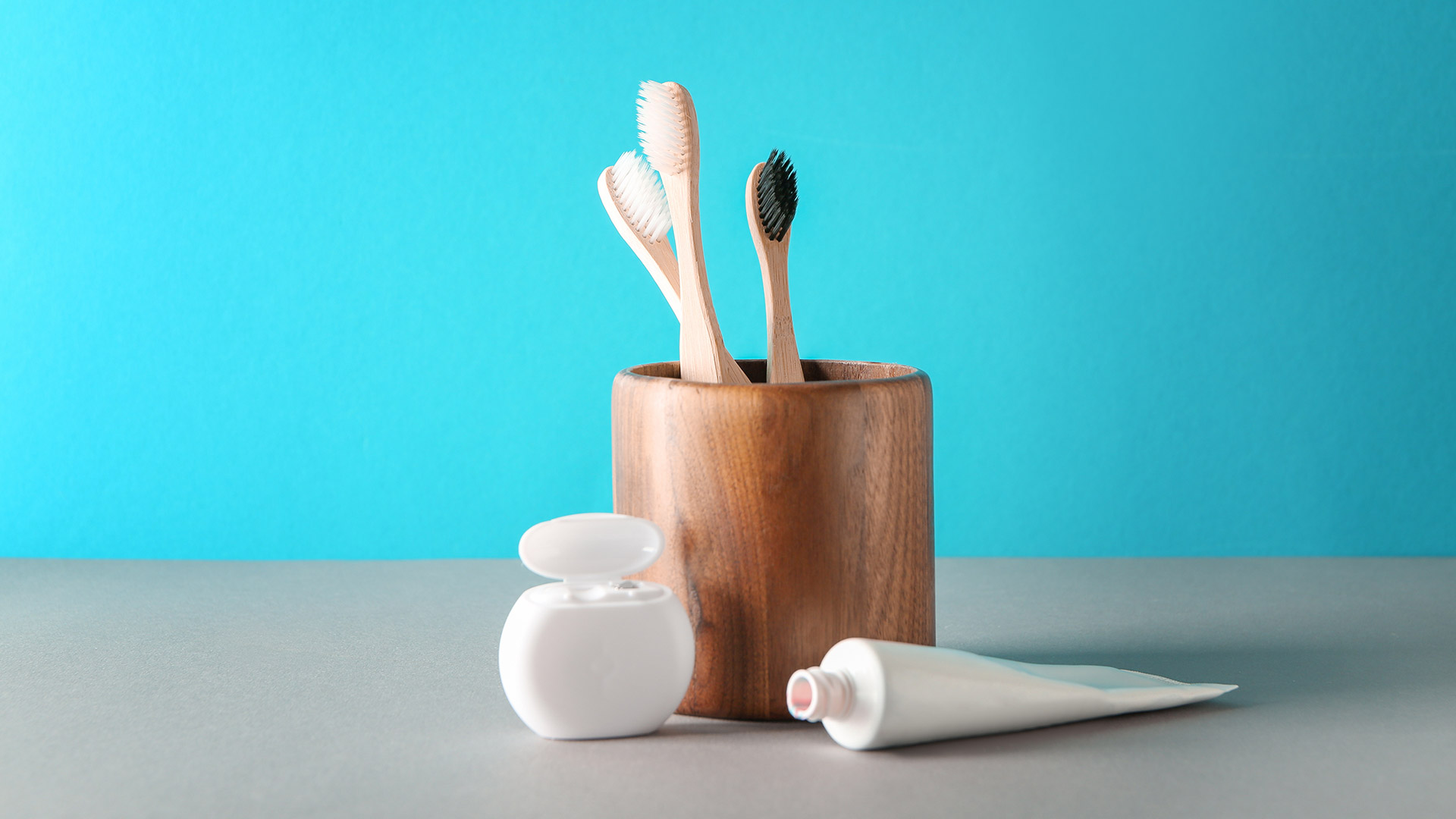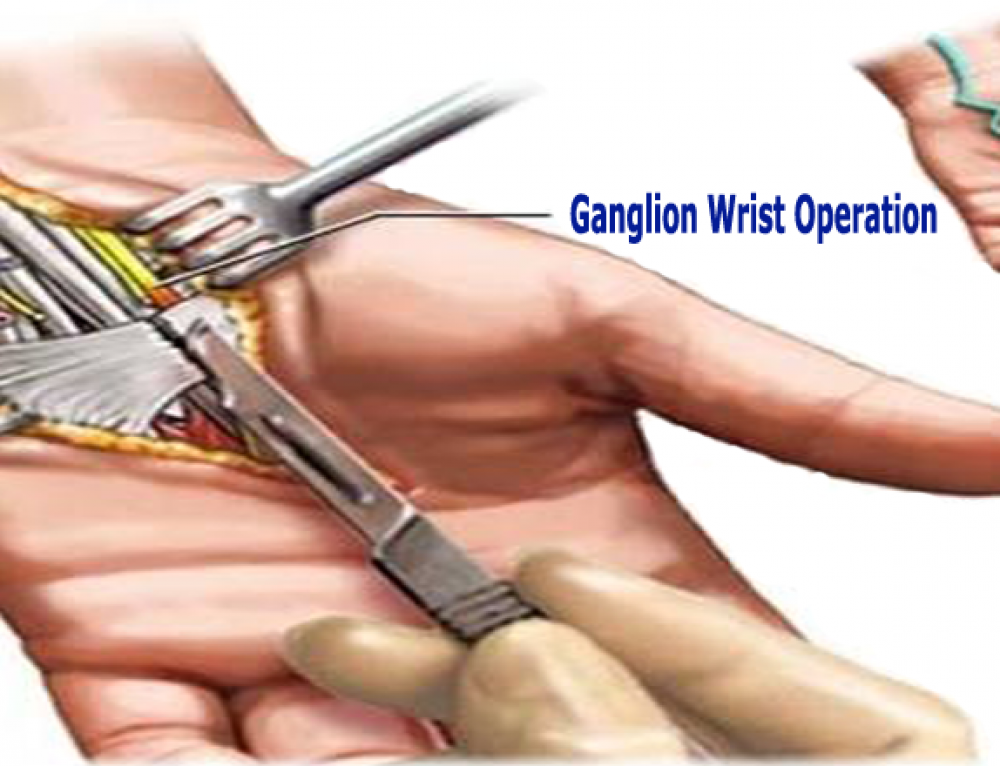12+ Dental Hygiene Kit Tips For A Cleaner Mouth

Maintaining good oral hygiene is crucial for not only a healthy smile but also overall well-being. A comprehensive dental hygiene kit is the cornerstone of this pursuit, equipping you with the necessary tools to combat plaque, tartar, and bacteria that can lead to cavities and gum disease. Here, we will delve into 12+ expert tips on how to maximize the effectiveness of your dental hygiene kit, ensuring a cleaner, healthier mouth.
1. Choose the Right Toothbrush
- Electric vs. Manual: Electric toothbrushes are often recommended for their efficiency in removing plaque and improving gum health. However, manual toothbrushes can be just as effective if used correctly.
- Soft Bristles: Opt for a toothbrush with soft bristles to avoid damaging your gums.
- Replace Regularly: Replace your toothbrush every 3-4 months or sooner if the bristles become frayed.
2. Select the Perfect Toothpaste
- Fluoride Content: Ensure your toothpaste contains fluoride to help strengthen tooth enamel and prevent decay.
- Desensitizing or Whitening: Depending on your needs, consider toothpastes designed for sensitivity or whitening.
- Natural Ingredients: For those preferring fewer chemicals, explore toothpastes with natural ingredients, but always check for the ADA Seal of Acceptance.
3. Don’t Forget the Interdental Spaces
- Flossing: Use dental floss or interdental brushes to clean between your teeth where a toothbrush can’t reach.
- Water Flosser: Consider a water flosser for its ease of use and effectiveness in removing plaque.
4. Mouthwash for the Win
- Antiseptic Mouthwashes: Reduce bacteria and prevent infections with an antiseptic mouthwash.
- Fluoride Mouthwash: For extra protection against decay, especially in areas with low fluoride content in the water.
5. Tongue Scraping
- Reduce Bacteria: A tongue scraper can help remove bacteria from the surface of your tongue, reducing bad breath and improving oral health.
6. Regular Dental Check-Ups
- Preventive Care: Regular visits to your dentist are crucial for catching any oral health issues early and preventing more severe problems.
7. Customize Your Kit
- Orthodontic Brush: If you have braces, consider an orthodontic brush designed to clean around brackets and wires.
- Sensitive Teeth Tools: For sensitive teeth, include a desensitizing toothpaste and consider a soft-bristled toothbrush for gentle cleaning.
8. Keep it Clean
- Store Properly: Keep your dental hygiene kit in a dry place. Rinse your toothbrush with water after use and allow it to air dry to prevent bacterial growth.
- Clean Your Kit: Regularly clean your dental hygiene tools, especially after illnesses to prevent reinfection.
9. Travel Kit
- Portable: Always carry a travel-sized dental hygiene kit with you, especially when traveling, to maintain your oral hygiene routine.
10. Educate Yourself
- Stay Updated: Keep learning about new products and techniques in dental hygiene to continuously improve your oral health routine.
11. Make it a Habit
- Routine: Establish a regular oral hygiene routine, ideally brushing your teeth at least twice a day and flossing once a day.
12. Involve Your Family
- Teach Children: Start teaching children good oral hygiene practices early to instill lifelong habits.
- Encourage Spouses/Partners: Support each other in maintaining good oral health, possibly even scheduling dental visits together.
13. Consider Professional Cleaning Tools
- Ultrasonic Brushes: For those who can afford it, ultrasonic brushes offer deep cleaning.
- Professional Whitening: Consult with your dentist for professional teeth whitening options if over-the-counter products aren’t satisfactory.
Conclusion
A dental hygiene kit is more than just a collection of tools; it’s the foundation of good oral health. By selecting the right tools, maintaining them properly, and incorporating them into a daily routine, you can significantly reduce the risk of dental issues and enjoy a cleaner, healthier mouth. Remember, a beautiful smile is not just aesthetically pleasing but also a reflection of your overall health and well-being.
FAQ Section
How often should I visit the dentist for a check-up?
+It’s generally recommended to visit your dentist every six months for a routine check-up and cleaning. However, this frequency may vary based on your individual oral health needs and risk factors for dental diseases.
Is an electric toothbrush really better than a manual one?
+Electric toothbrushes are often more efficient at removing plaque and improving gum health, especially for those who have difficulty brushing properly with a manual toothbrush. However, the most important factor is brushing technique, regardless of whether you use an electric or manual toothbrush.
Can I use mouthwash as a replacement for brushing and flossing?
+No, mouthwash should not be used as a replacement for brushing and flossing. While mouthwash can help kill bacteria and freshen breath, it does not remove plaque or food particles like brushing and flossing do. Use mouthwash as part of a comprehensive oral hygiene routine that includes brushing, flossing, and regular dental visits.


